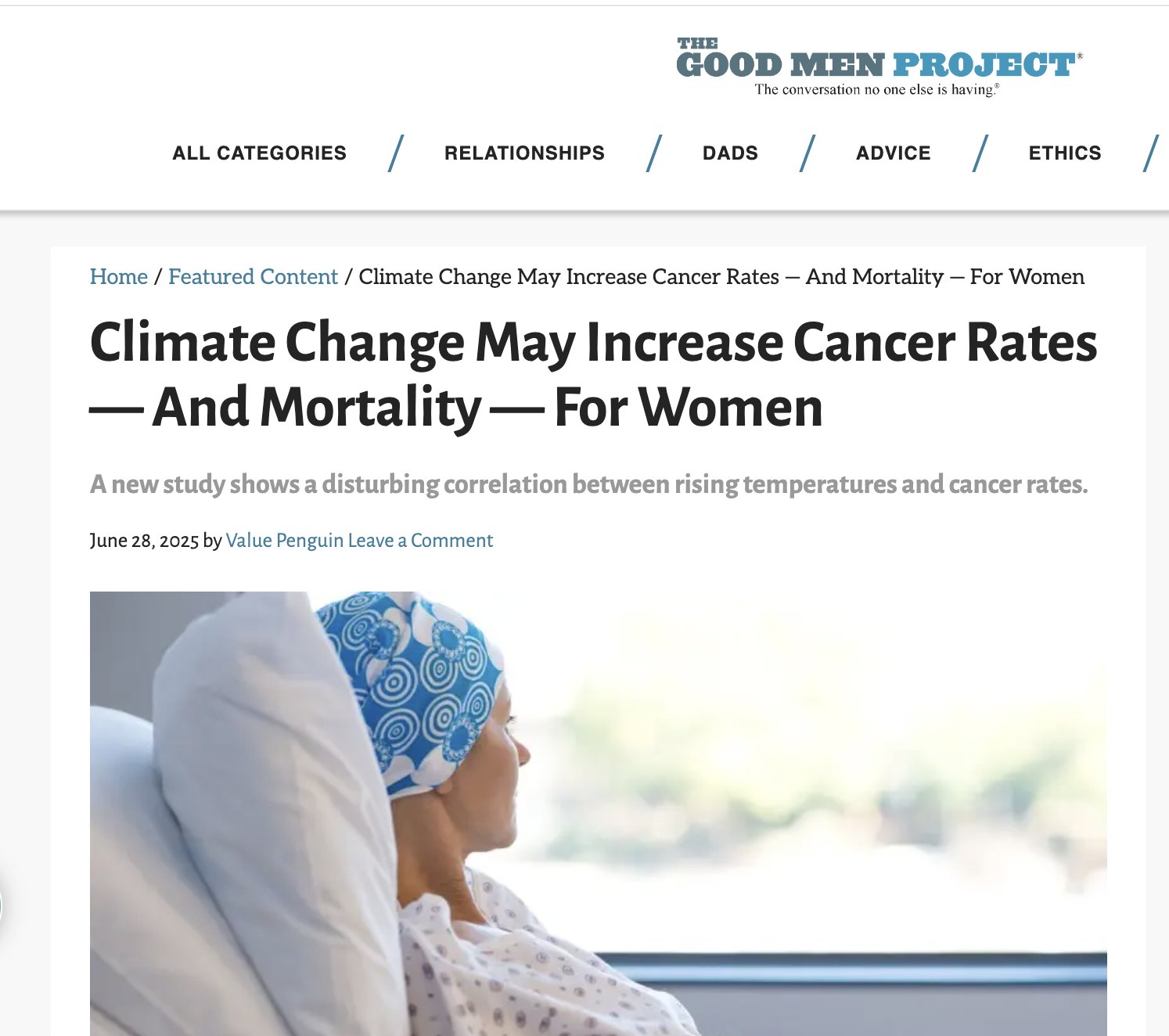In tiny Wilmer, Texas, one of the world’s largest suppliers of solar panels is building a factory that it says will employ 1,300 local people.
In one sense, Trina Solar’s project south of Dallas is exactly what President Joe Biden’s supporters envisioned when he signed the Inflation Reduction Act in 2022.
The White House hoped a combination of tax and direct subsidies would unleash a “Made-in-America” clean energy revolution. And that would generate factory investments to revitalize U.S. manufacturing, wrest control of supply chains from China and boost deployment of solar power, wind energy and advanced batteries.
But few companies illustrate the trade-offs of this effort more than Trina, which is based in the city of Changzhou in eastern China, Benjamin Storrow writes.
China and the United States have been battling over the topsy-turvy solar export market for years. The Biden administration has accused Trina and other Chinese solar panel manufacturers of skirting U.S. tariffs by routing its shipments through Southeast Asia.
And now, Trina could net almost $1.8 billion in U.S. tax subsidies over the next seven years if it gets the Texas factory fully running by the beginning of 2025.
It is hardly alone. Eight companies linked to China have spent more than $1.2 billion to build 23.6 gigawatts of panel capacity since the IRA passed, Ben writes.
Politics of China
China’s investment in U.S.-based manufacturing will create jobs for Americans and could help drive down the cost of solar power while cutting climate pollution. But it also inspires fears among U.S. solar manufacturers, who say China’s presence on U.S. soil could sideline their expansion plans.
Election Day is four days away. Vice President Kamala Harris and former President Donald Trump have both voiced concern about China inundating U.S. markets with goods such as solar panels.
Trina’s strategic move marks an emerging dilemma for whoever occupies the White House in January: Should America reward the companies of a major strategic adversary for creating domestic jobs and expanding clean energy?





